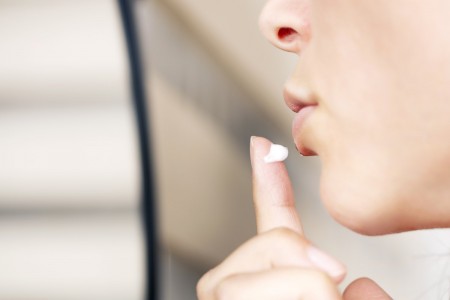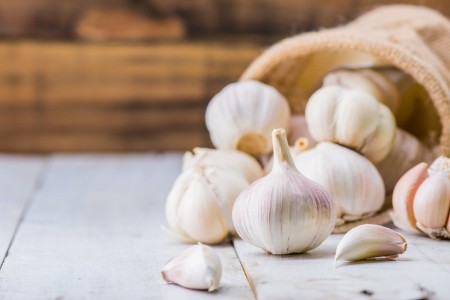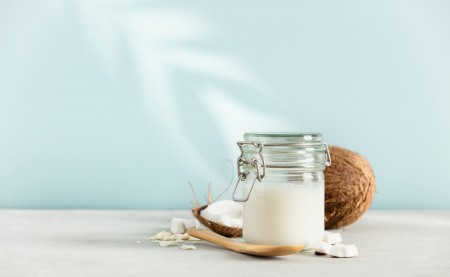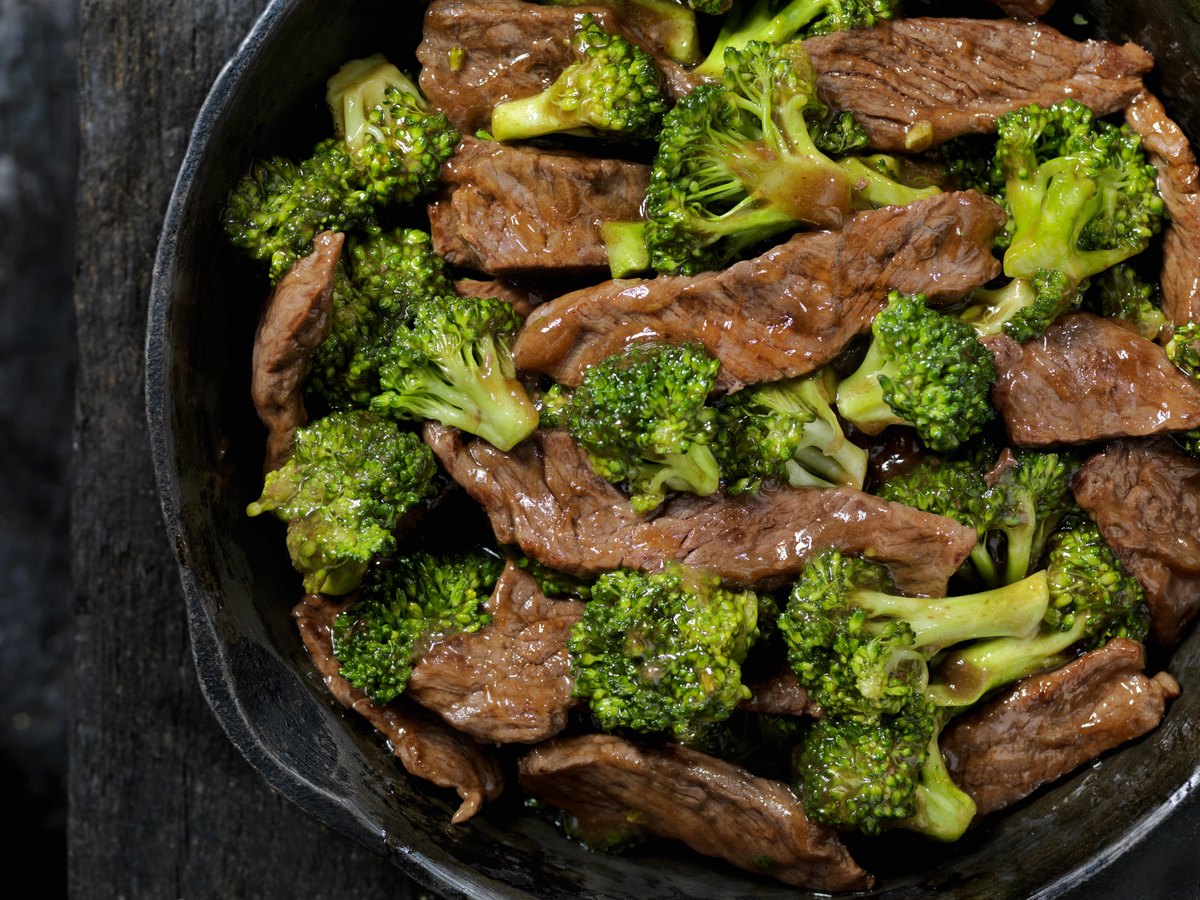
Advertisements
The condition we know as herpes is caused by the herpes simplex virus (HSV), and there are actually two different strains.
Video of the Day
"HSV1 is more prevalent than HSV2 and typically appears above the waist, as cold sores or fever blisters, whereas HSV2 usually results in genital infections," says Cheri Frey, MD, assistant clinical professor of dermatology at Howard University. "Aside from that, the symptoms and frequency of outbreaks are the same."
She also points out that HSV1 can manifest on other parts of the body — for example, a cold sore can spread from the mouth to the genitals via oral sex.
Although being diagnosed with herpes can come as a blow, it's reassuring to know you're not alone. According to a February 2018 report from the Centers for Disease Control and Prevention (CDC), nearly half of people ages 14 to 49 have HSV1 and 12 percent have HSV2. "There is such a stigma around cold sores, but it is so prevalent — I'd like people to feel more comfortable about it," Dr. Frey says. "And remember that it is not always sexually transmitted — a lot of people were exposed as a child from a parent."
Even if you've made peace with your herpes diagnosis, it's never fun to deal with an outbreak. So what should you do when your HSV flares up? Because there's no cure, you can't get rid of herpes altogether. Still, these home remedies might help ease some of the symptoms.
Advertisements
1. Check Your Vitamin Levels
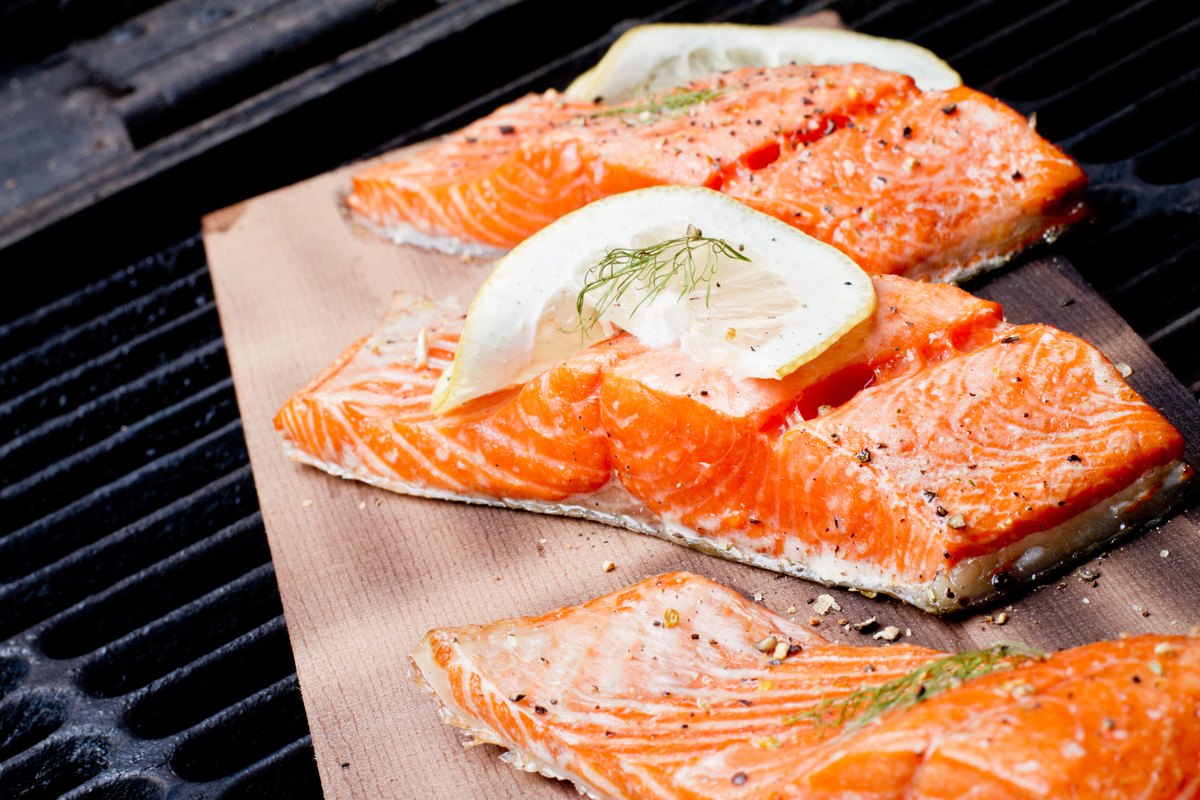
A healthy diet can buoy your body's ability to defend against the herpes virus. "If you are deficient in certain vitamins and nutrients, you will see issues with your immune system," Dr. Frey says.
An essential one is vitamin D: "It's important to make sure your vitamin D levels are intact," Dr. Frey says. A May 2021 study in SAGE Open Medicine found that vitamin D has anti-microbial and anti-inflammatory properties, which helps regulate the immune response. Yet an August 2016 study in The American Journal of Clinical Nutrition reported that up to 18 percent of people were vitamin D deficient. And keep in mind that for people living in the northern hemisphere, D plummets during the winter.
Another biggie is vitamin C. "It is an antioxidant, and building up your antioxidants is key to helping your immune system function properly," Dr. Frey says. A November 2017 study in Nutrients also points out that vitamin C supports the immune system.
Other potentially helpful nutrients include vitamin E (an antioxidant that can enhance immune function, according to an April 2019 study in IUBMB Life), folic acid, iron and zinc, an element with antiviral activity that is essential to maintaining a healthy immune system and keeping inflammation in check, per an April 2015 study in Autoimmunity Reviews.
Just be sure to talk to your doctor before popping a supplement; they can advise you on how much to take and how long to take it for. "Some vitamins, including D and E, are fat-soluble," Dr. Frey says. "So you don't want to overload your body with those."
Fat-soluble vitamins can build up in your tissue, with potentially toxic effects. Dr. Frey also points out that high levels of zinc can interfere with copper absorption. Bottom line: It's safest to check with a medical professional. Or better yet, get your vitamins and nutrients from whole foods.

